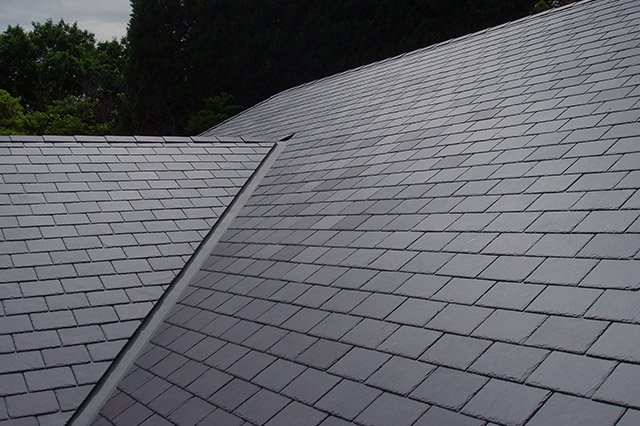A roof must be robust, as long as it protects you from the elements including sun, rain, wind, and snow. Over time, they wear roofs because these elements and must remain vigilant in caring for them may otherwise be susceptible to our external environment. Therefore, roof replacement is necessary if you feel that your roof may not be able to withstand the tests of each season.
People tend to get replacement roofing done before they are completely damaged and drops of rain or snow start to fall at home. Whenever you call a contractor, you should discuss everything with him in detail, because this is something that gets done, it should last for many years and also because it does not want to rely on someone once everything has gone wrong-preventive maintenance is the key! Click site to know more about roofing contractors.

These are the important things we should not forget to discuss with your roof replacement contractor to make sure your roof is strong and efficient.
Eaves flashings
You cannot underestimate the importance of flashings before, but his contractor for roof replacement should not. The formation of ice dams is avoided and moisture from entering shingles.
Hermetic chimney cap
Although incorporating chimney caps is not an expensive affair and benefits are significant still, people try to save money on this. Ask your contractor to install chimney caps if you do not talk about it. These allow heat to escape and also keeps the snow away.
Gutters
Misaligned guttering can reduce the life of the roof. Choosing a contractor for roof replacement that can provide seamless gutters that require little maintenance. Also, do not approve the idea of two overhangs or eaves that hold water spouts instead, because it can deal with water damage.
Ventilation
Ample ventilation is an absolute must for your home to keep fresh air circulating. It also affects the longevity of the cover. Roof replacement that allows proper ventilation helps keep the attic temperature regulated during the summer season and also minimizes the accumulation of moisture in the winter.